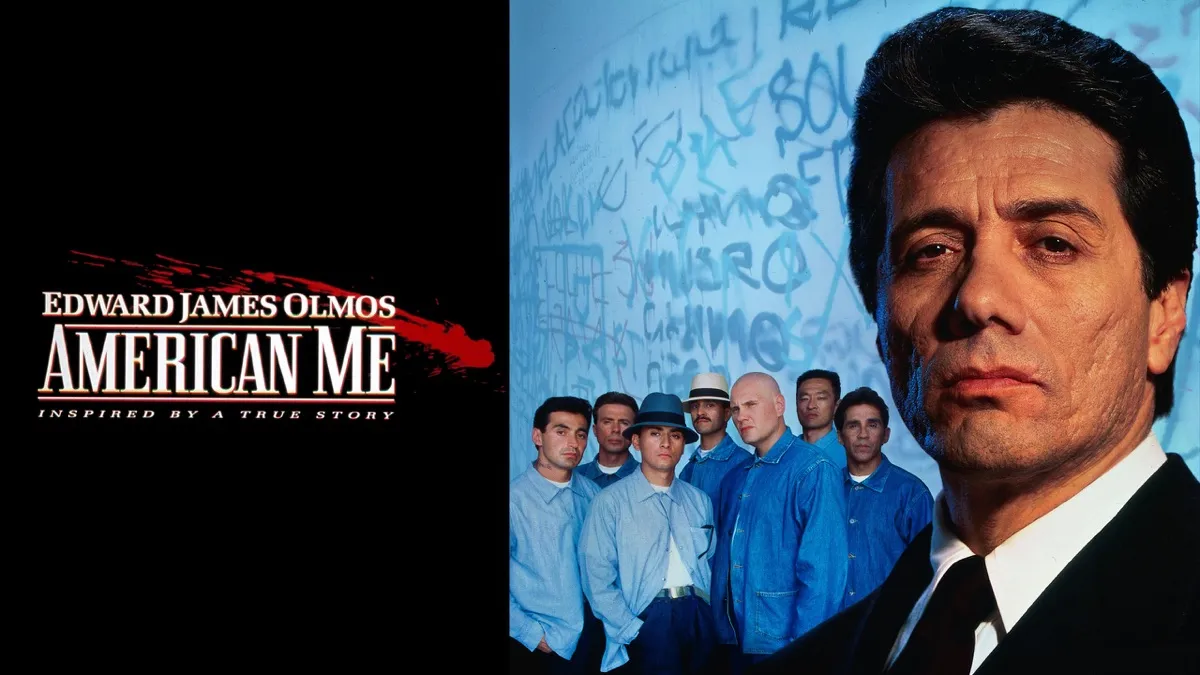They tried to erase a people—but not even death could silence their story.
Set against the backdrop of one of history's most devastating yet little-known atrocities, Bitter Harvest (2017) brings to screen the tragic story of the Holodomor—Stalin’s man-made famine that starved millions of Ukrainians in the early 1930s. Part historical epic, part romance, the film attempts to weave passion, resistance, and national identity into a tale of survival when humanity itself is under siege.

At the heart of the film are Yuri (Max Irons), a young artist born into a proud Cossack bloodline, and Natalka (Samantha Barks), his childhood sweetheart. Their love blossoms in the idyllic Ukrainian countryside—until Soviet tanks roll in, and the iron grip of the regime begins to crush everything in its path. Food is confiscated, resistance is met with slaughter, and even the land itself becomes a prison. Torn between love and loyalty, Yuri must choose: escape to freedom, or stay and fight for his homeland.
The film draws stark visual contrasts—rolling golden wheat fields bathed in sunlight, soon replaced by a landscape of starvation and silence. While Bitter Harvest does not shy away from melodrama, it anchors itself in a painful historical truth often neglected on the world stage. The atrocities of the Holodomor are neither dramatized for entertainment nor softened—they become the ever-looming antagonist that turns ordinary lovers into reluctant heroes.

Director George Mendeluk, himself the son of Ukrainian immigrants, crafts a work driven by personal urgency. Though occasionally uneven in tone, Bitter Harvest is nonetheless a cinematic act of remembrance—a call not just to mourn the past, but to recognize its echoes in the present.
-1752547544-q80.webp)
-1755507944-q80.webp)
-1755655937-q80.webp)
